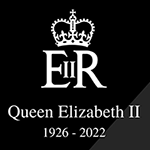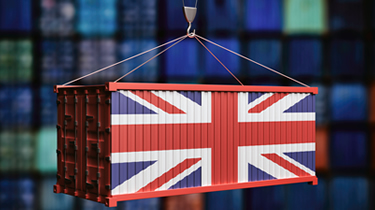The UK Government has announced it will introduce a new law to change the post-Brexit trade deal for Northern Ireland, known as the Northern Ireland Protocol.
Foreign Secretary Liz Truss insisted the bill would be legal under international law, but the EU has warned it could trigger a trade war and will pursue a legal challenge against the UK if the Government proceeds with its plans.
The deal governs how goods enter Northern Ireland from the rest of the UK and was negotiated by the Government after the Brexit vote in 2019.
The Foreign Secretary told Parliament the move would change the deal rather than scrap it, to resolve “the grave situation in Northern Ireland”.
But Maros Sefcovic, the Vice President of the European Commission hit back and said it would “need to respond with all measures at its disposal” if the UK went ahead with the legislation.
What is the protocol?
- It is designed to protect the Good Friday Agreement by avoiding a hard border on the island of Ireland.
- The protocol allows goods to move freely between NI and the Republic of Ireland. NI remained in the EU’s single market for goods.
- But NI also stayed in GB’s market too because it is still part of the UK.
What is the Irish Sea border?
- NI’s border with the republic also became the UK’s new border with the EU after Brexit. There needed to be a border somewhere on the island of Ireland because the UK and EU follow different customs rules.
- As a compromise, the UK and EU agreed to a deal that would see customs checks at NI’s ports, creating what is now referred to as the ‘Irish Sea border’.
In October last year, the EU set out its own proposals, which included:
- An 80 per cent reduction in checks on food products arriving in Northern Ireland and halving the amount of paperwork.
- Legislation to allow the trade in medicines between GB and Northern Ireland to continue.
- Relaxing rules so chilled meats, such as sausages, could still be sent across the Irish Sea.
In return, the EU wanted extra safeguards to prevent products from Great Britain crossing into the Republic of Ireland.
The UK rejected this offer, saying it would “worsen the current trading arrangements”.
For help and advice and related matters contact our expert team today.




